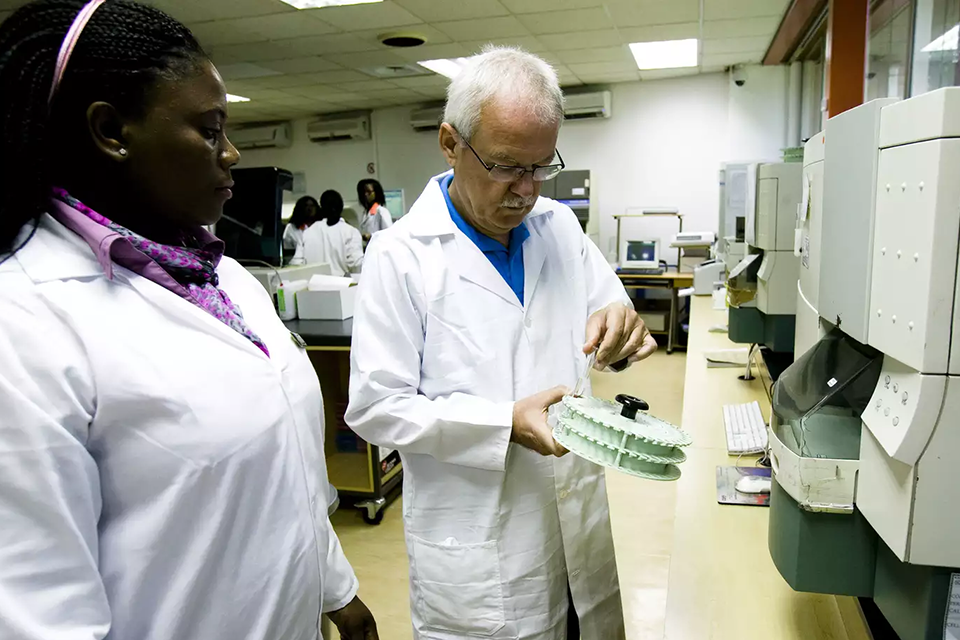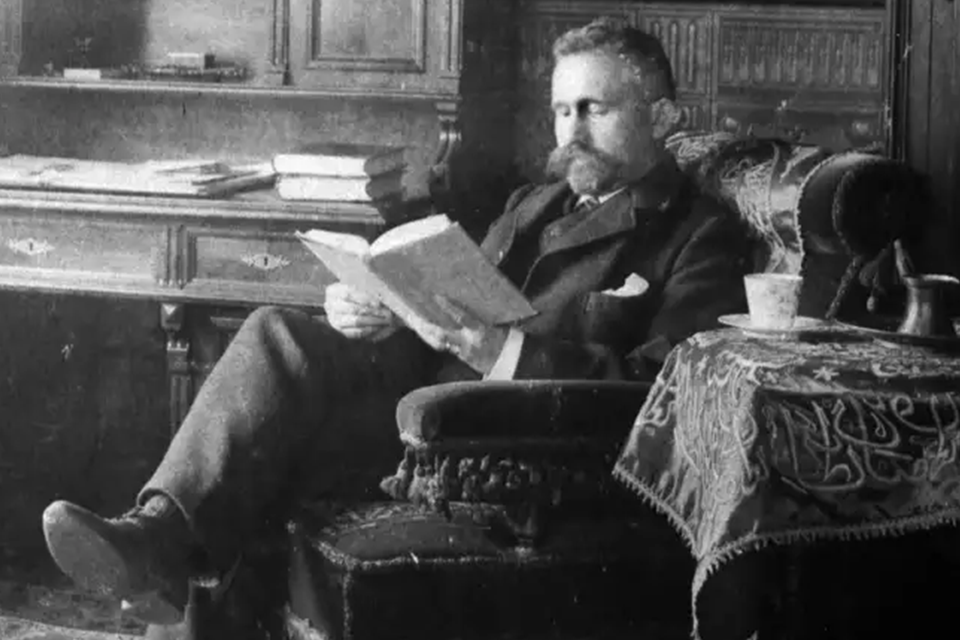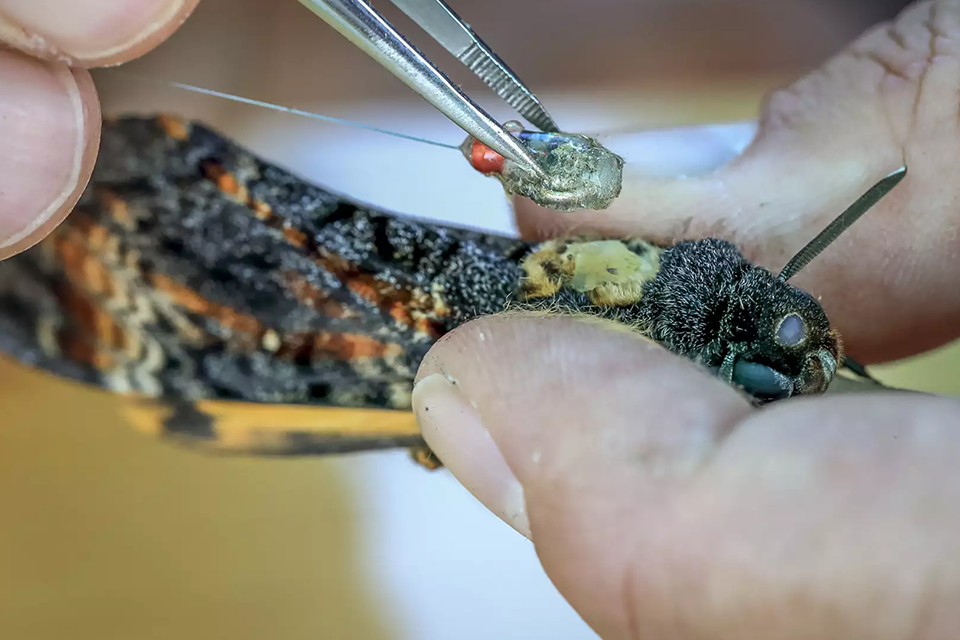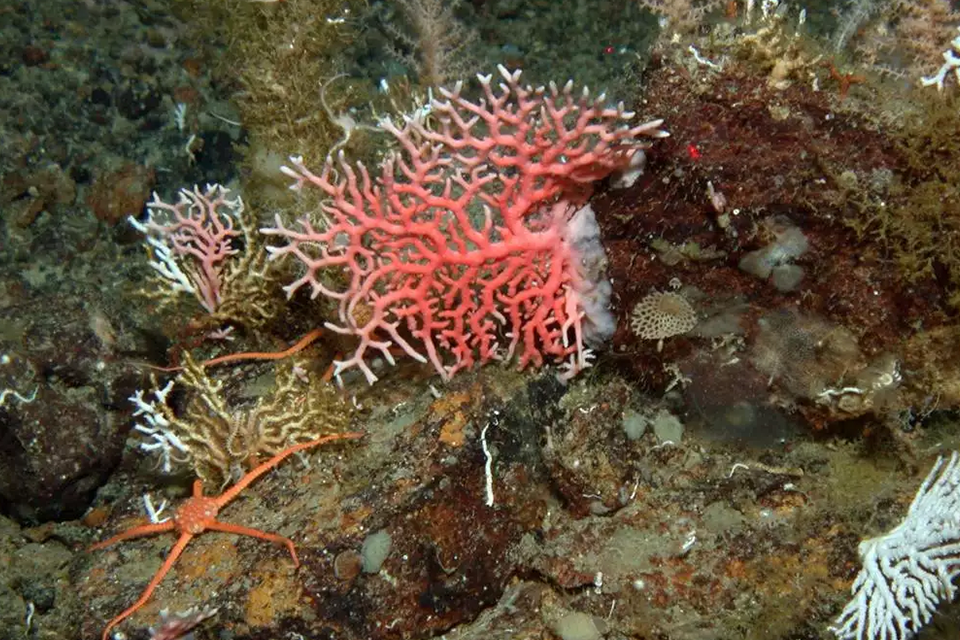Tuberculosis vaccine passes safety test
No other infectious disease has killed more people than tuberculosis. Currently, only one vaccine is available to prevent severe courses: Bacillus Calmette Guérin (BCG). However, it is not equally effective against all types of tuberculosis. Especially infants and immunocompromised patients are therefore in urgent need for more effective tuberculosis vaccines. A clinical trial in South Africa has now shown that the new vaccine candidate VPM1002, developed by Max Planck researcher Stefan H.E. Kaufmann and his team, is equally safe for newborns with and without HIV exposure and has fewer side effects compared to BCG.











